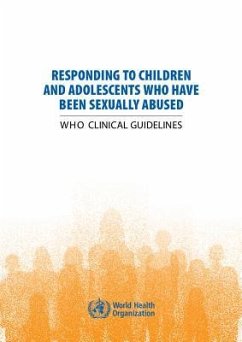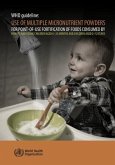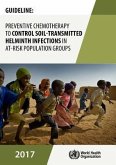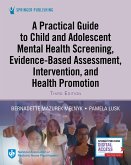Sexual abuse of children and adolescents is a gross violation of their rights and a global public health problem. It adversely affects the health of children and adolescents. Health care providers are in a unique position to provide an empathetic response to children and adolescents who have been sexually abused. Such a response can go a long way in helping survivors recover from the trauma of sexual abuse. WHO has published new clinical guidelines Responding to Children and Adolescents Who Have Been Sexually Abused aimed at helping front-line health workers, primarily from low resource settings, in providing evidence-based, quality, trauma-informed care to survivors. The guidelines emphasize the importance of promoting safety, offering choices and respecting the wishes and autonomy of children and adolescents. They cover recommendations for post-rape care and mental health; and approaches to minimizing distress in the process of taking medical history, conducting examination and documenting findings.
Hinweis: Dieser Artikel kann nur an eine deutsche Lieferadresse ausgeliefert werden.
Hinweis: Dieser Artikel kann nur an eine deutsche Lieferadresse ausgeliefert werden.








